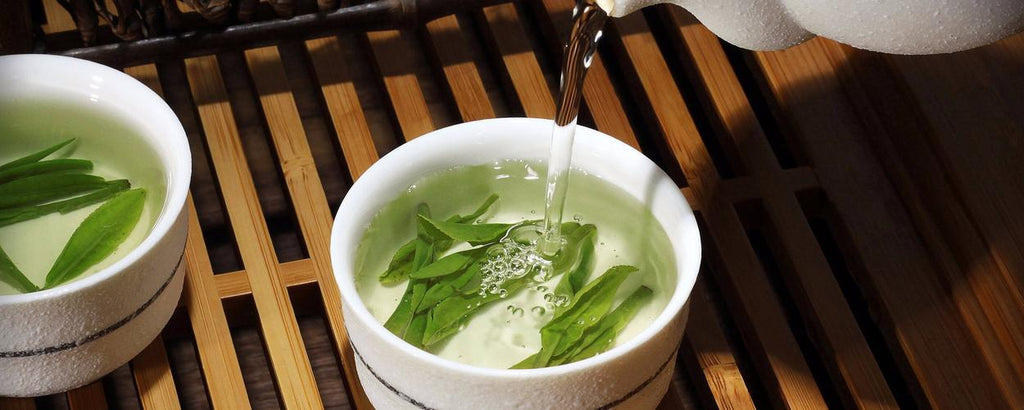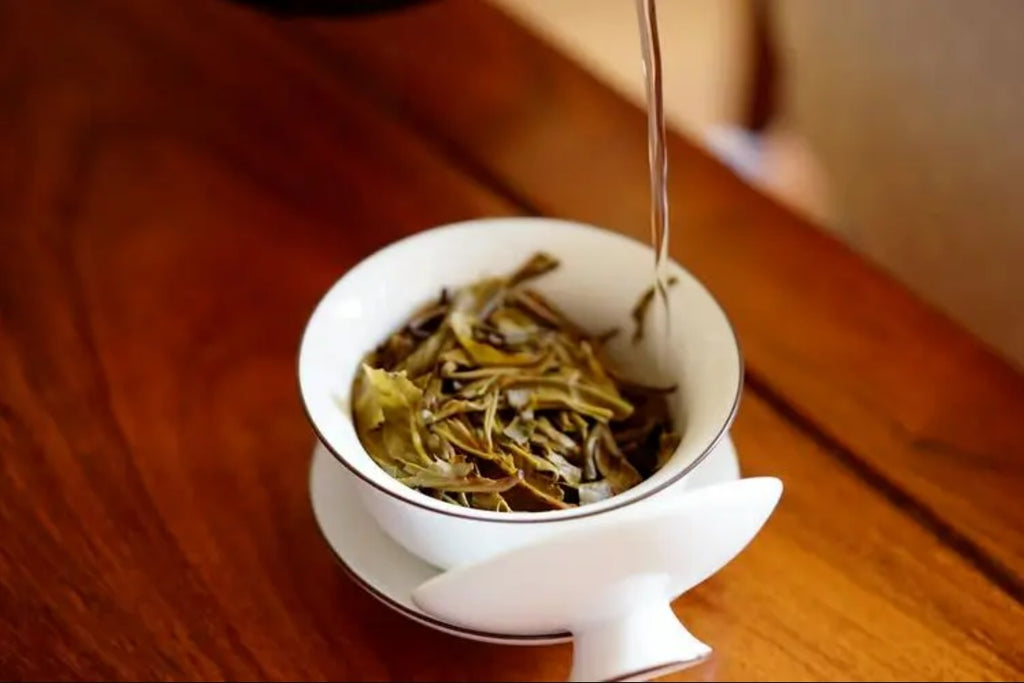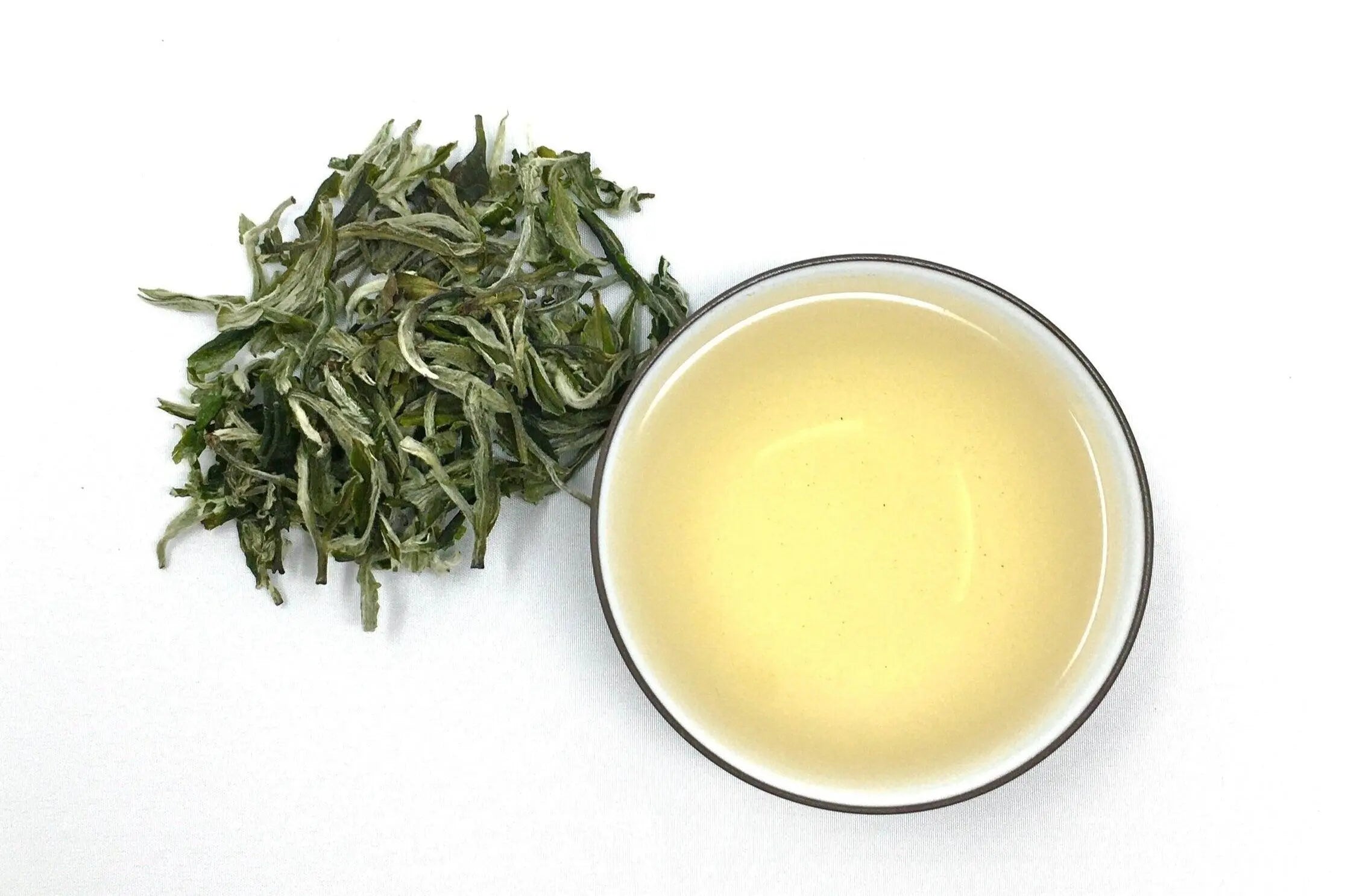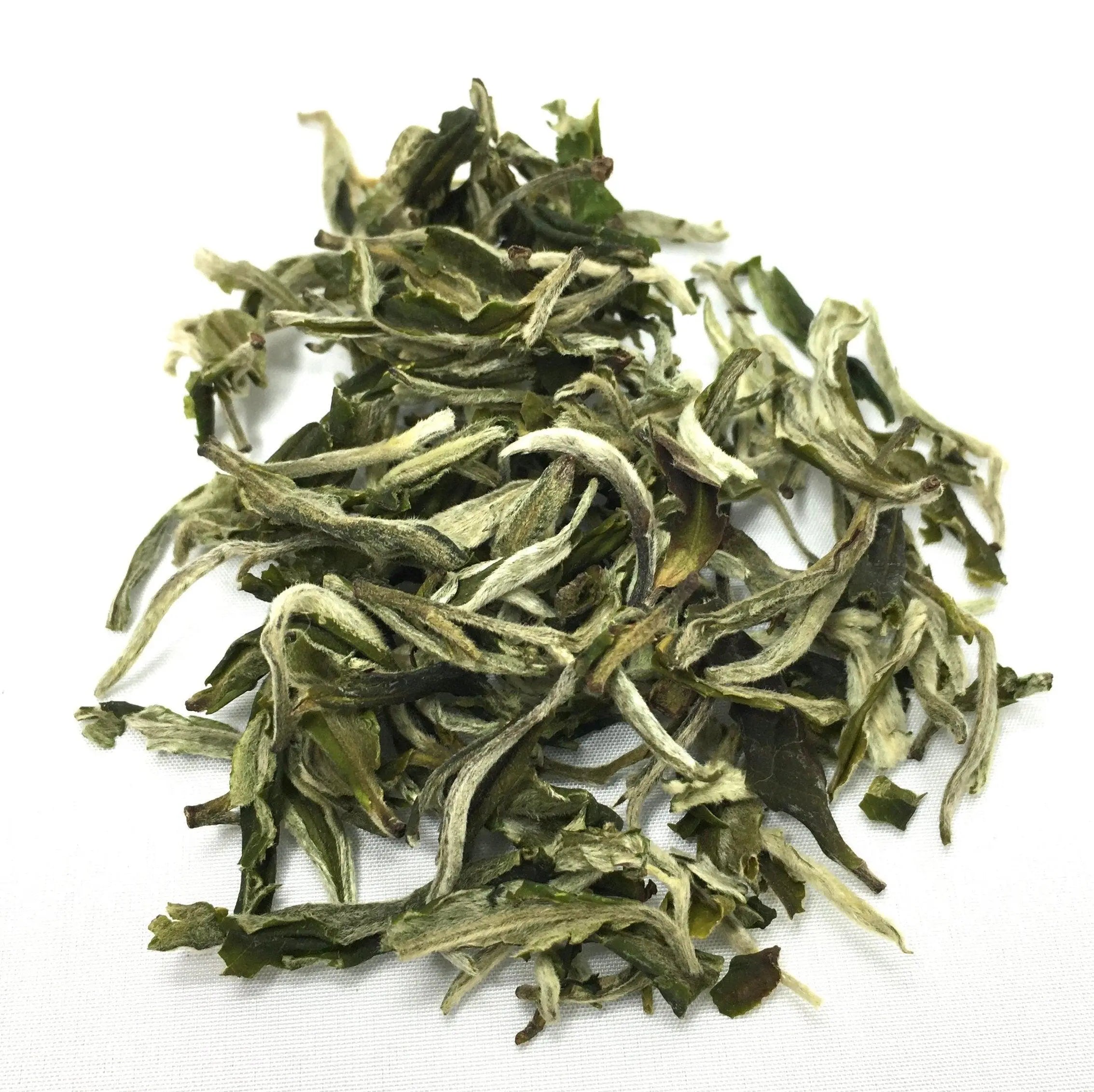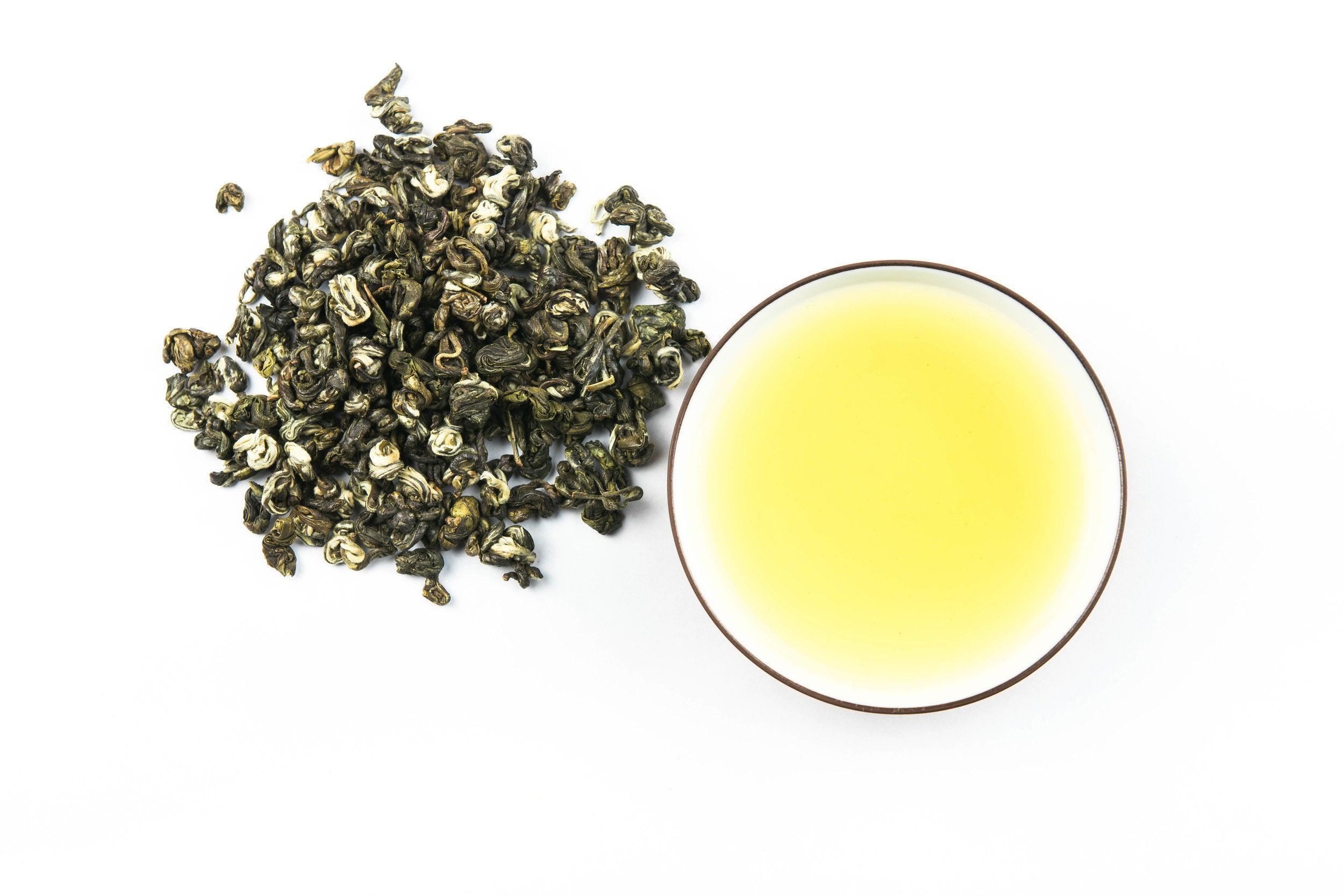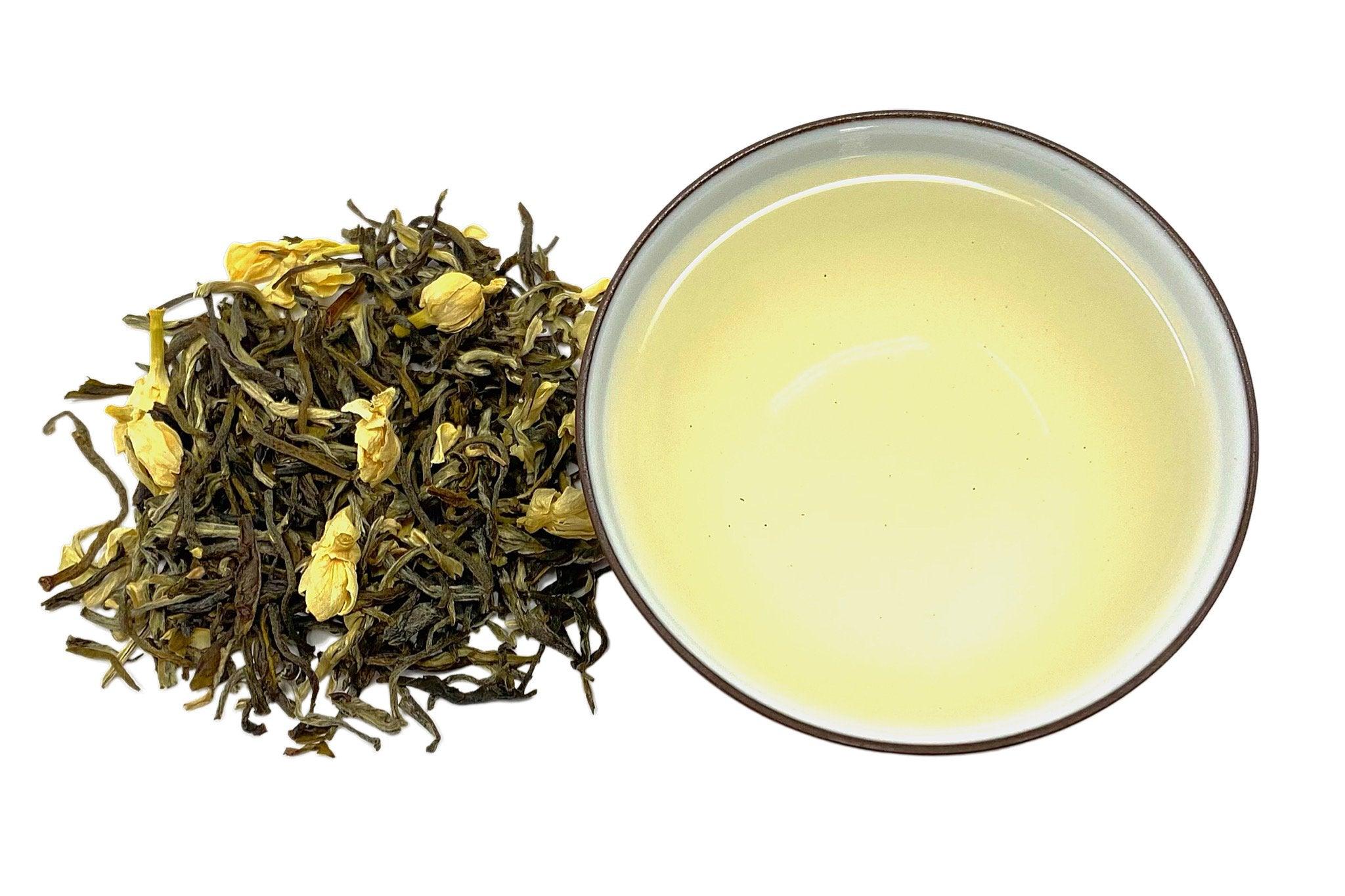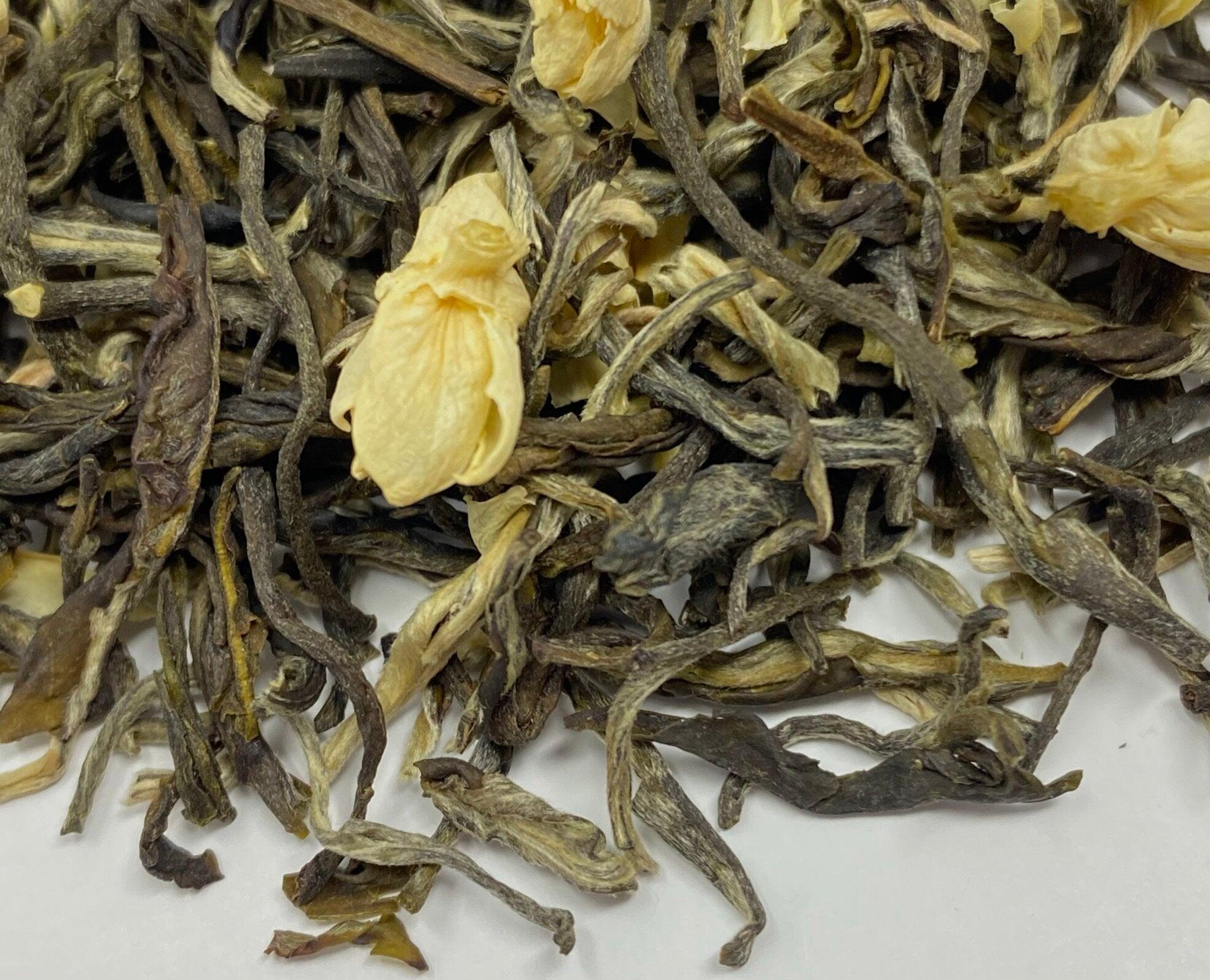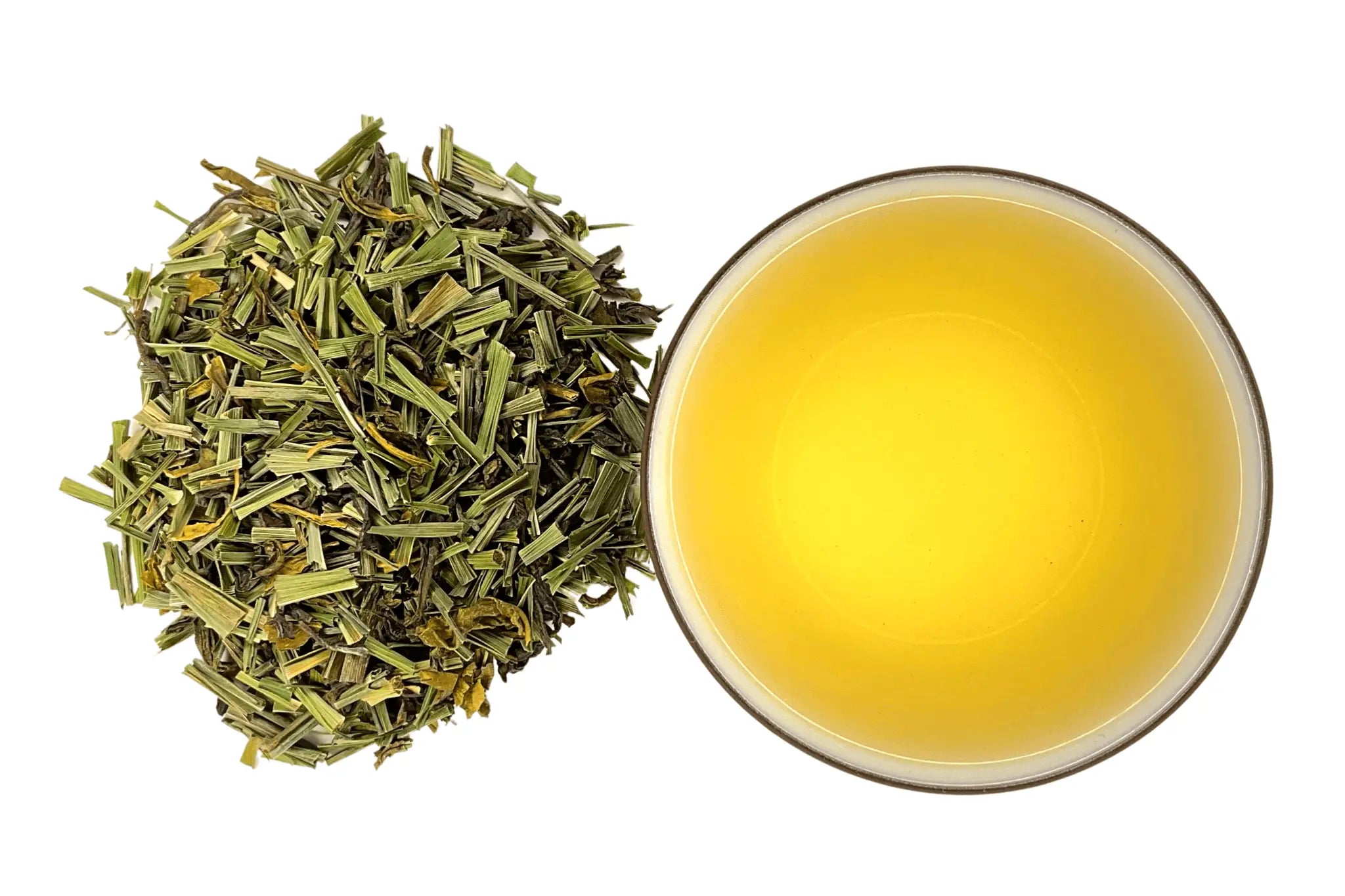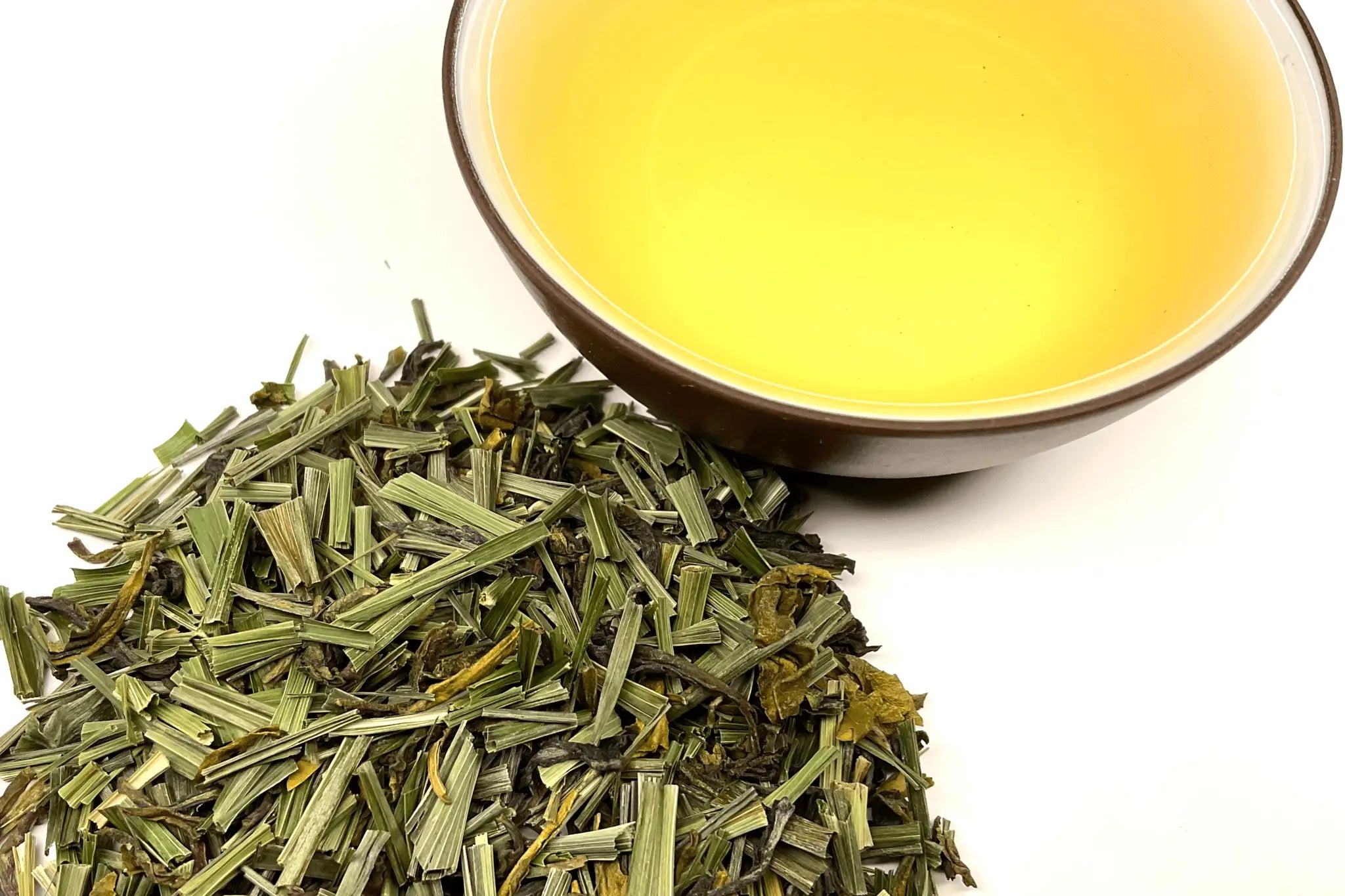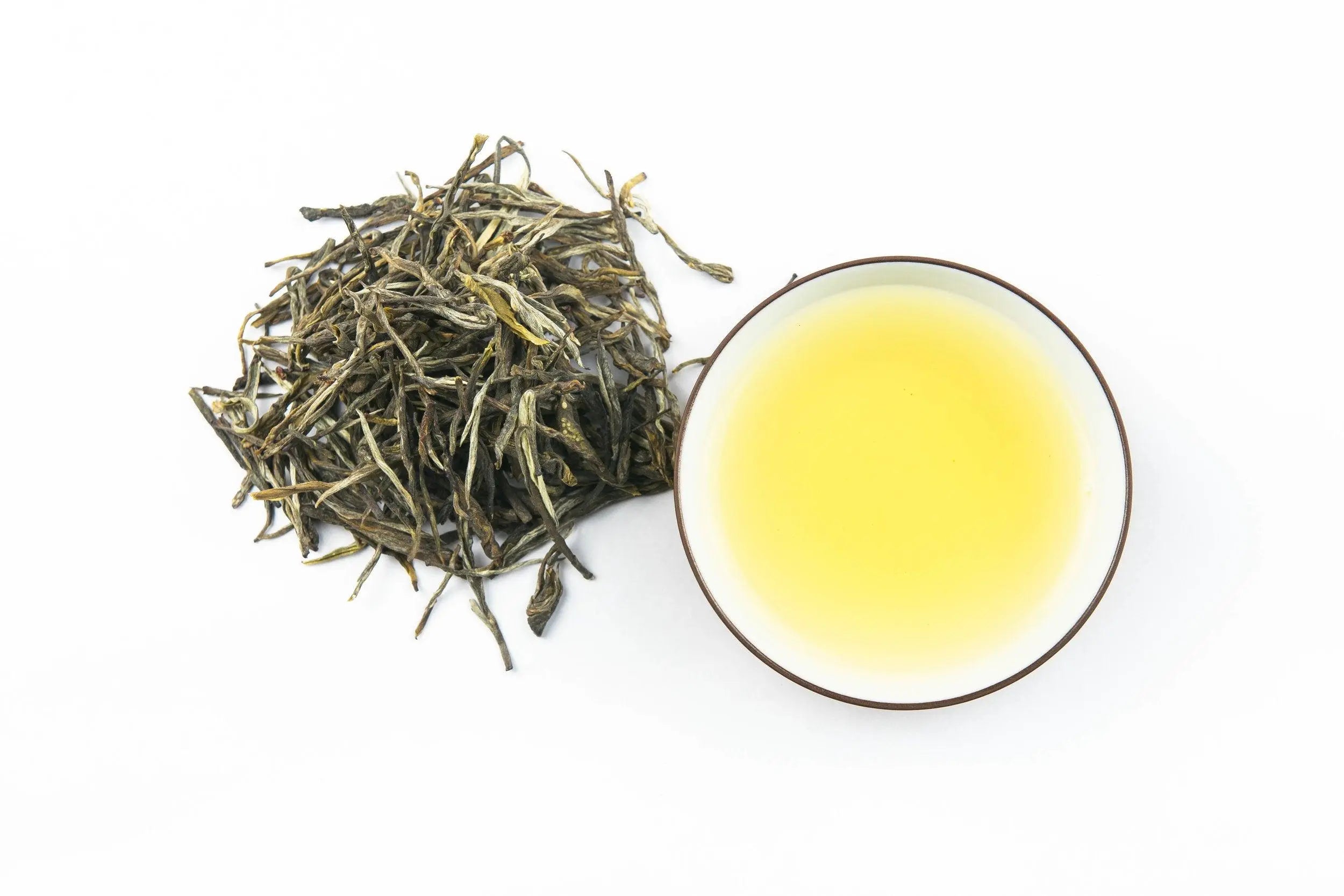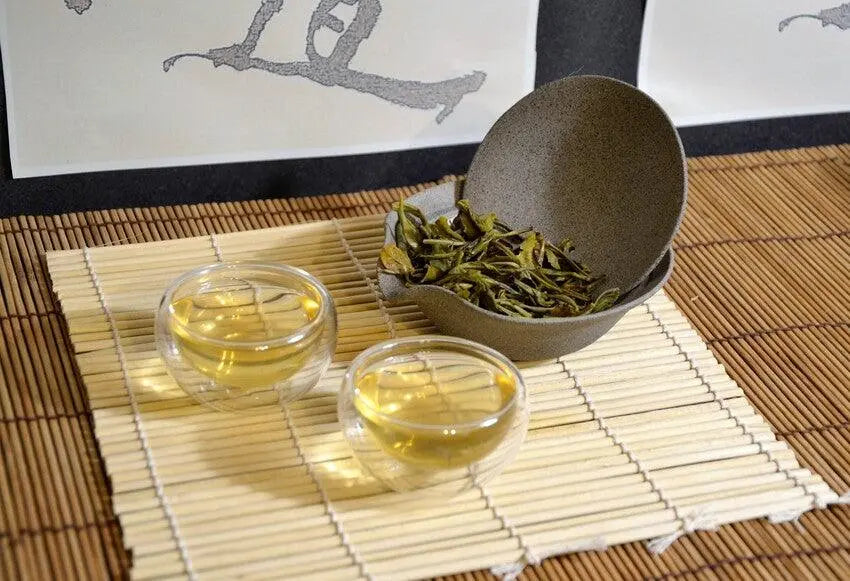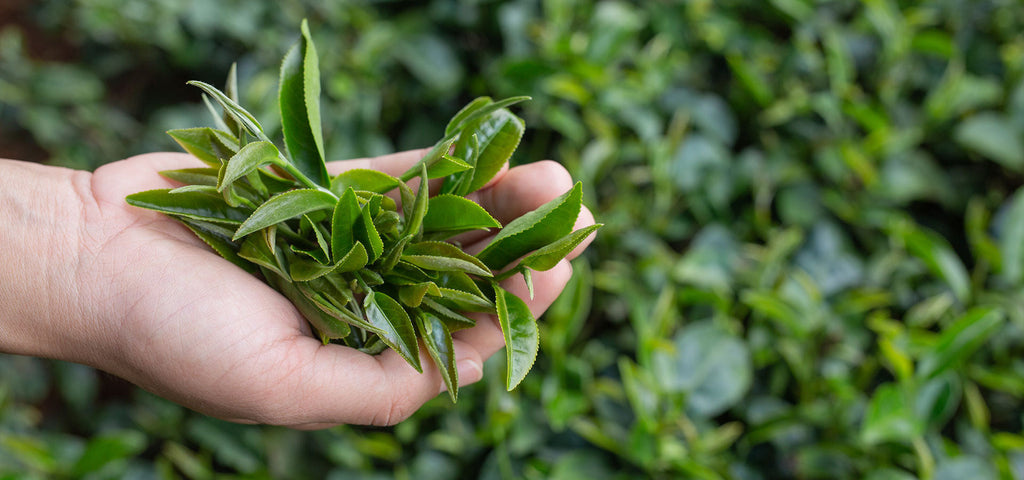
What Is Chinese Green Tea?

What is green tea?
Green tea is made from the leaves of the Camellia sinensis plant. It contains polyphenolic compounds called catechins, which have shown antioxidant, anticancer, antitumor, and antimicrobial properties in laboratory studies.
The main catechin found in green tea is epigallocatechin gallate (EGCG), and green tea also naturally contains caffeine.

Which Green Tea is best?
Green tea comes in various forms - loose leaf tea, matcha powder, bottled drinks, and supplements - so it can be difficult to determine which product is the best. When comparing green tea products, it can be helpful to look for products that indicate the content of EGCG or catechins. Catechins, including EGCG, are antioxidants that may help explain the potential health benefits associated with consuming green tea. The content of EGCG and other catechins can vary depending on the product.
ConsumerLab has tested many green tea products to determine the levels of catechins and EGCG they contain (as well as potential contaminants like caffeine and lead). You can find the test results categorized by product in our green tea reviews. Each serving brewed green tea can provide approximately 40 to 100 milligrams of EGCG. While some green tea products claim to provide over 130 times the EGCG of brewed green tea, this is not accurate.
Some bottled green teas provide a similar amount of active ingredients as brewed green tea and matcha powder per serving, while others provide very little. In some cases, you would have to drink unrealistic amounts to obtain the amount of EGCG found in brewed tea or supplements. To find out which bottled green teas may be the best choices, please refer to our test results.
Green tea supplements typically provide the highest amounts of these catechins, including EGCG - often in the hundreds of milligrams per serving.

How does green tea compare to other types of tea?
Green tea, black tea, and white tea all come from the same plant, so people might think that these teas are the same, but that's not true. Green tea is made by gently steaming freshly harvested leaves, while black tea undergoes fermentation. Compared to green tea, black tea has lower catechin content and higher caffeine content. In contrast to green tea, the leaves used to make white tea are picked at a less mature stage. While green tea and white tea often provide a similar amount of catechins, white tea tends to have less caffeine. However, please keep in mind that there can be considerable variations between products.

How should green tea be prepared for brewing?
To brew, steep green tea leaves (loose or in tea balls or tea bags) in freshly boiled water for only 3 to 5 minutes. This brewing time allows a large amount of EGCG to enter the water while avoiding a bitter tea taste. It's also possible to use a microwave, but it's not really worth it.
After brewing, allow the tea to cool to a comfortable temperature before drinking. Drinking hot tea increases the risk of esophageal and stomach cancer. When choosing the water for brewing green tea, the safest option seems to be to brew with water low in mineral content ("soft" water) to maximize the EGCG content. But this will affect the taste and make the tea more bitter.

Would adding other ingredients to green tea, such as milk, lemon, or honey, increase its benefits?
Many people add other ingredients to brewed green tea to alter the flavor or enhance health benefits. While some of these ingredients may enhance green tea's potential benefits, others may be harmful.
Some people add milk to green tea , which is not recommended for most people. Adding milk to green tea significantly reduces the bioavailability of green tea catechins such as EGCG. These catechins are thought to be responsible for many of green tea's health benefits. However, if you are prone to kidney stones, adding milk to your tea may be beneficial.
Others add lemon. Lemon appears to stabilize and increase the absorption of catechins in green tea, which may be beneficial. One study in pigs showed that administration of green tea extract containing lemon juice increased peak blood levels of EGCG approximately 1.7-fold compared to administration of the same dose of green tea extract without lemon (Fang, Antioxidants 2019). While interesting, it's too early to know if adding lemon to green tea has any significant benefits.
Some people add honey to green tea, ,and while adding honey to green tea doesn't seem to have any health benefits, it may make the taste more palatable. Keep in mind that honey contains about 65 calories per tablespoon, so use it in moderation.

